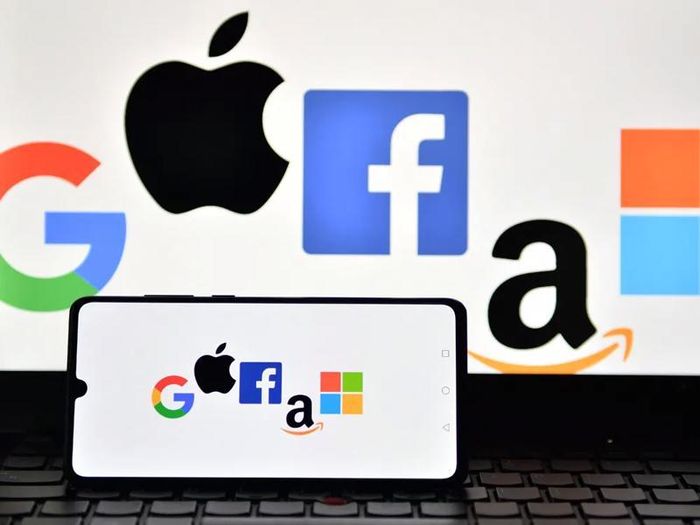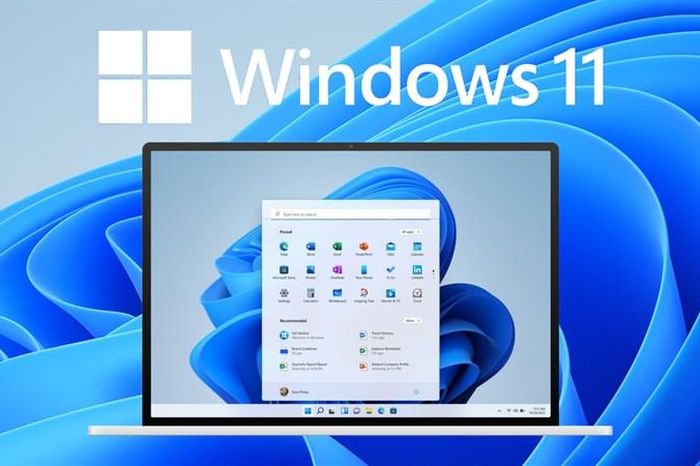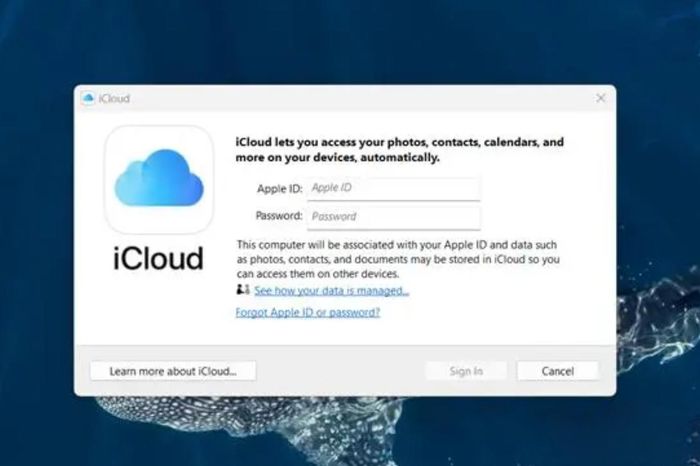How are AI profits affecting Big Tech's earnings?

That question will be clarified next week when some of Wall Street's biggest tech companies will report their latest quarterly earnings.
Expectations that the development of artificial intelligence will change the world are the driving forces for technology companies to spend heavily on training to create this technology. However, the reality is that there are still not many numbers showing that customers are willing to pay to use this technology in everyday life, according to the Financial Times.
CAPITAL SOURCES SPENDING FOR THE AI RACE NEED TO BE COMPENSATED SOON
Microsoft's earnings report next Thursday will be of great interest to the industry, observers say. This giant's close alliance with OpenAI and its announcement that it will soon include this technology in all of its software has always made Microsoft one of the names at the heart of the AI discussion.
Three months ago, Microsoft said that after starting to test AI technology integrated on the Azure cloud platform, its customer demand began to increase. This has helped the company's platform increase by 6 percentage points, bringing in nearly 3 billion USD in additional revenue each year.
Recently, the group also revealed that Azure sales have reached 34 billion USD by 2022, while at that time, Azure's scale was smaller than it is now. The number sounds impressive but still accounts for just over 1% of the total revenue that Microsoft plans to report this year, according to information from the Financial Times.
Copilot is an AI assistant designed by Microsoft to help users interact with technology and improve work productivity. It's integrated into Windows 11, Microsoft 365, Edge browser, and Bing search engine, delivering smooth AI experiences across apps and devices. Copilot uses conversational interfaces and large language models to not only provide information or answers, but also generate new content or perform necessary actions when receiving natural language requests. naturally from humans. However, so far, Microsoft has not predicted its impact on revenue.
There will certainly be plenty of talk from tech executives in the coming days about promising trials and hopeful signs as customers begin to believe in generative AI.
In contrast to generative AI's ambivalence towards profitability, companies in the industry are constantly pouring money into the technological infrastructure needed to support it. Among them, Nvidia is the most obvious beneficiary: its data center chip sales tripled to $47 billion last year. This year, Wall Street forecasts that sales will double, to nearly $100 billion.
MESSAGE FROM TECHNOLOGY COMPANIES: BE PATIENT
Experts say generative AI's impact on sales will start to become apparent later this year or in 2025. And if AI doesn't turn a profit soon, any delays could leading to a huge backlog for the hardware industry. Big tech companies must at least provide good news from their current businesses to satisfy investors.
Combined revenue for the five largest technology platform companies (Alphabet, Amazon, Apple, Meta and Microsoft) is forecast to increase 9% in the first three months of this year, down from 12% in the previous quarter. precious. Even so, the after-tax income of these five companies is forecast to increase 27% to nearly $85 billion, reflecting the convergence of positive trends.
Shares of Amazon, which has been a chronic loss-maker for the past 30 years, hit a record high last week as investors hoped the company was entering a new era of higher profits, thanks to Stronger retail margins.
Meanwhile, Google and Microsoft have recorded steady increases in profit margins, thanks in part to better cost controls. Meanwhile, Counterpoint data shows that Apple is seeing a 19.1% decline in iPhone sales in the first three months of the year.
You should read it
- Origin and customary meaning to celebrate the Tet holiday
- 3 tips for effective use of Google revealed by Google employees
- How to check the air pollution level on the phone
- eMachines D720 - laptop with netbook price
- Six tips for adding wireless devices to your work environment
- Find IP address of sender accounts via Gmail, Yahoo, Hotmail, AOL, Outlook Express
 Find the reason why there is no Sleep mode in Windows 10/11
Find the reason why there is no Sleep mode in Windows 10/11 5 interesting features coming to Windows 11
5 interesting features coming to Windows 11 Why does a former Microsoft engineer 'criticize' the performance of Windows 11 has degraded?
Why does a former Microsoft engineer 'criticize' the performance of Windows 11 has degraded? Microsoft 'plays a trick' to force users to upgrade to Windows 11
Microsoft 'plays a trick' to force users to upgrade to Windows 11 How to access and manage iCloud photos on non-Apple devices
How to access and manage iCloud photos on non-Apple devices How to move the Download folder to another drive on Windows 11
How to move the Download folder to another drive on Windows 11